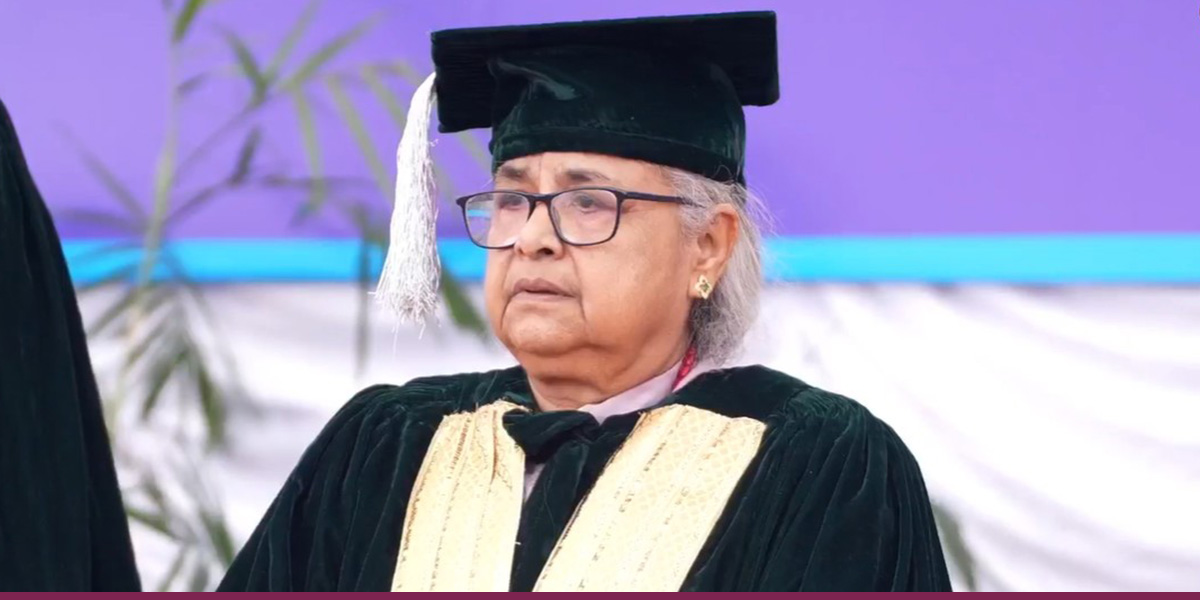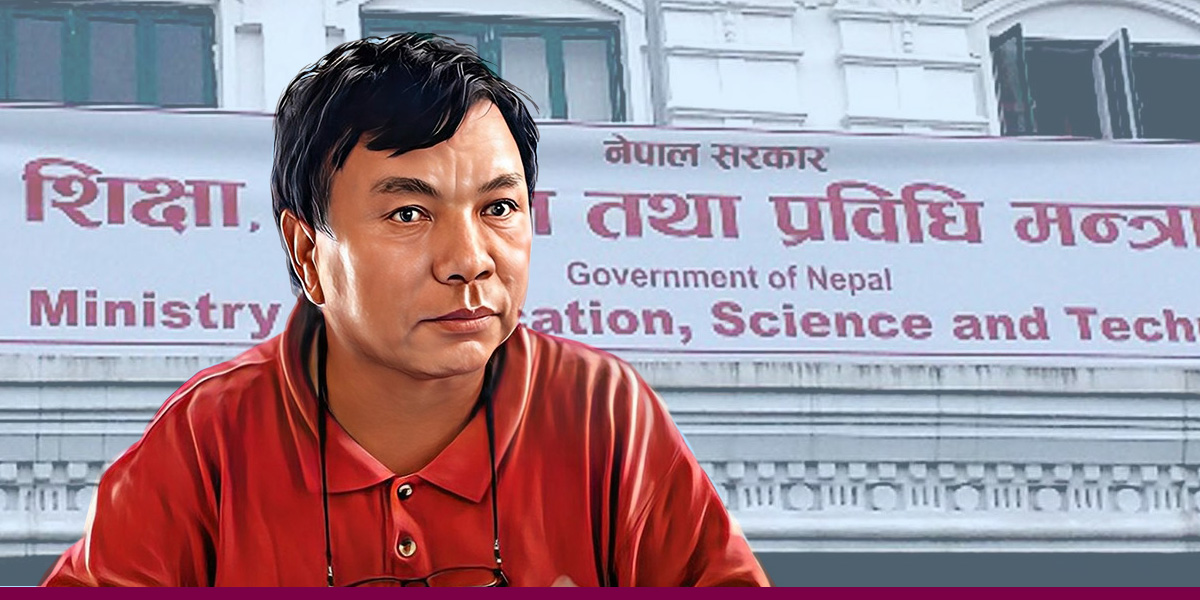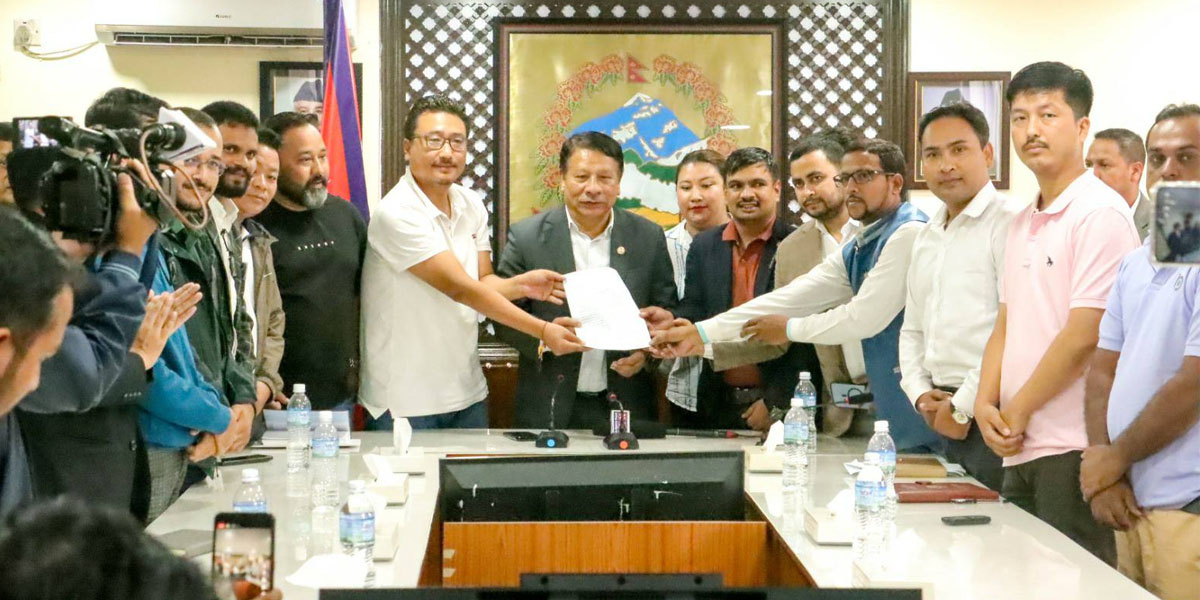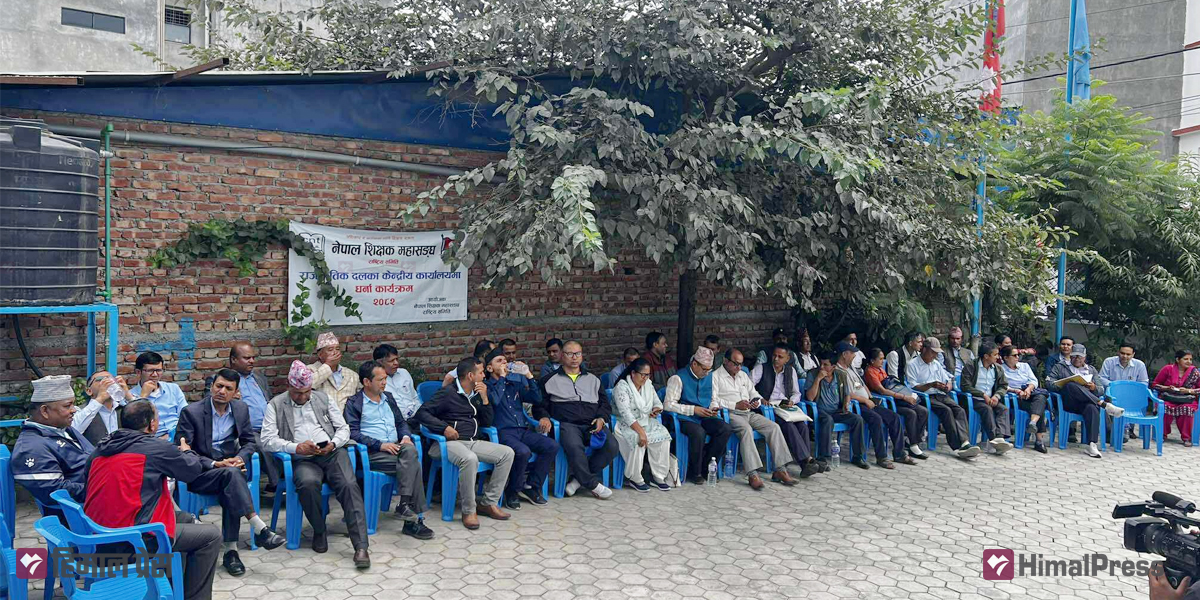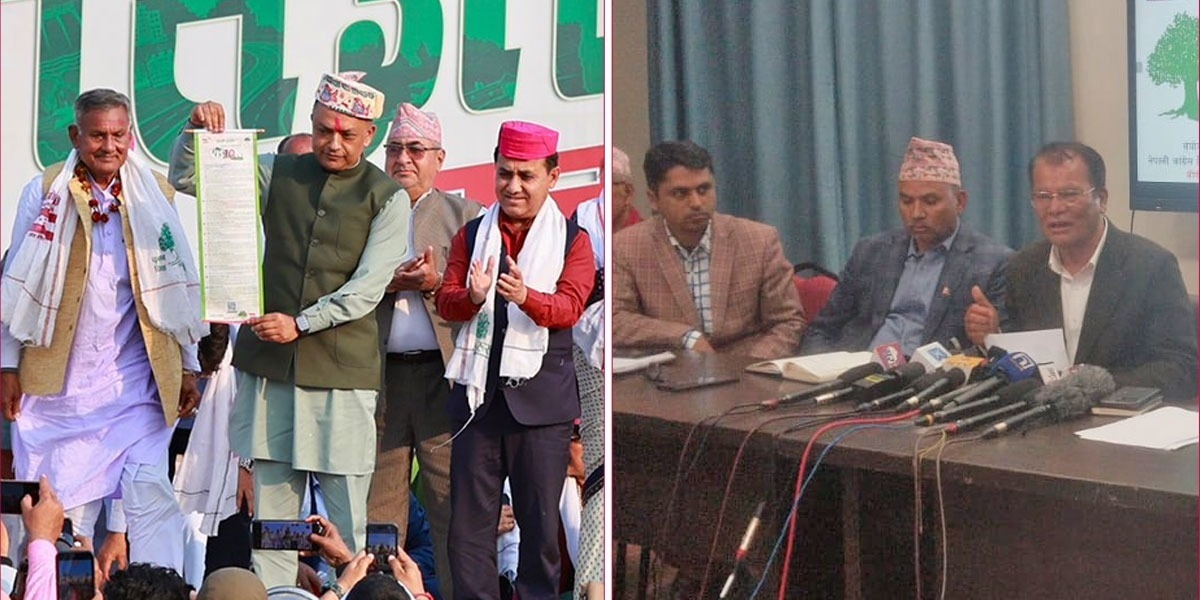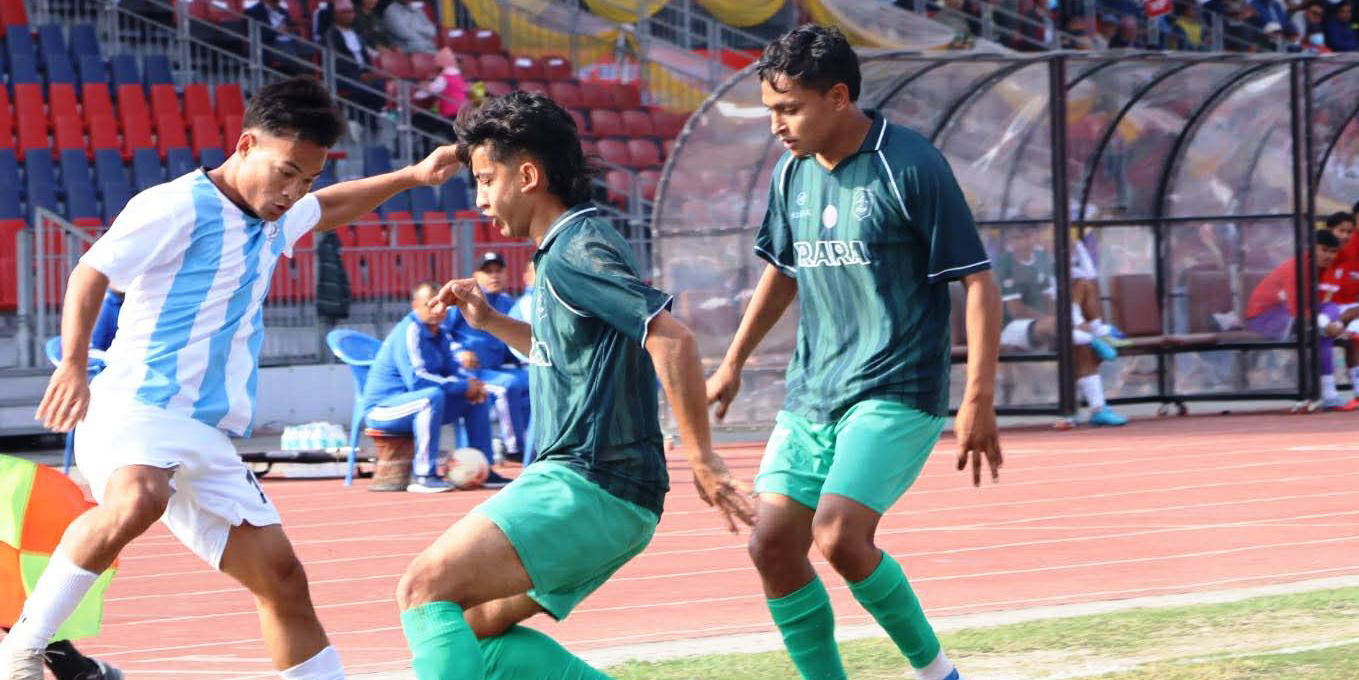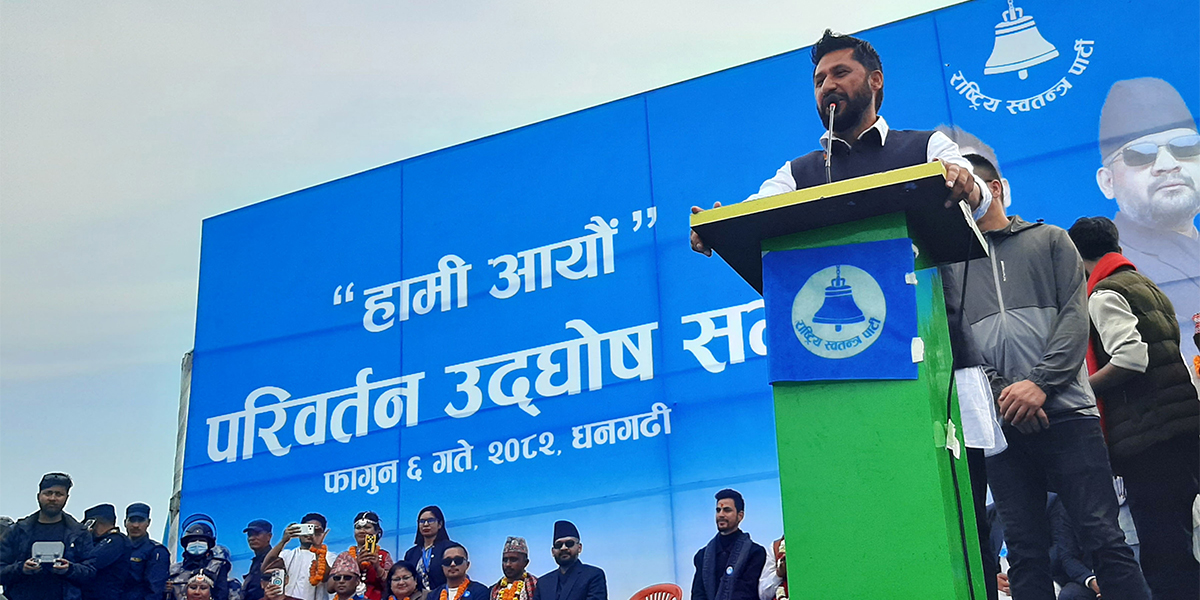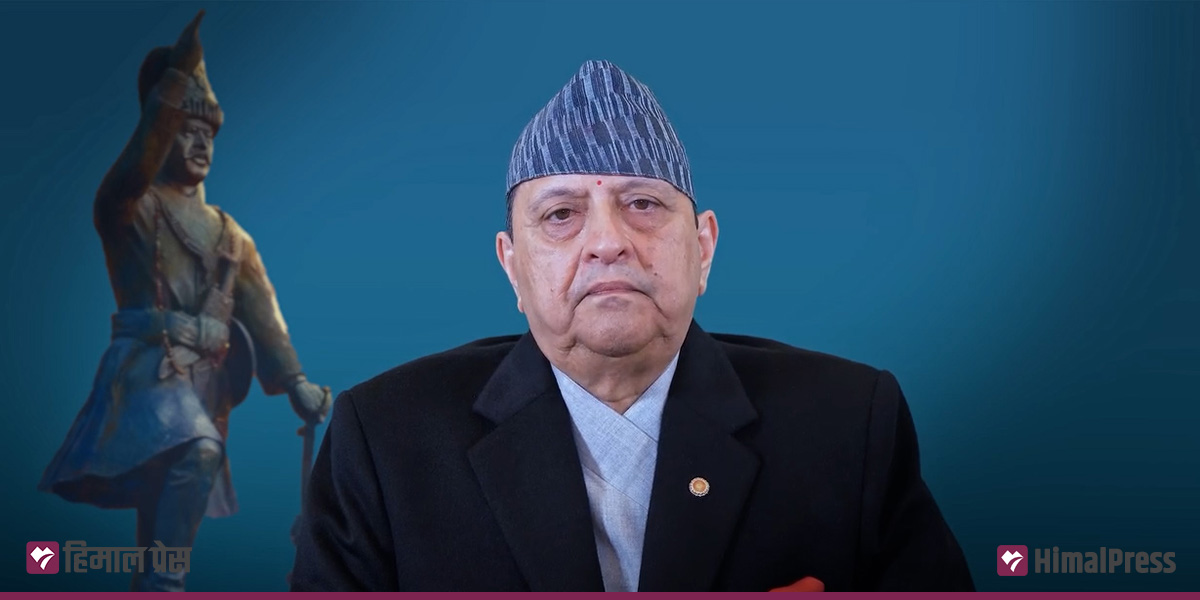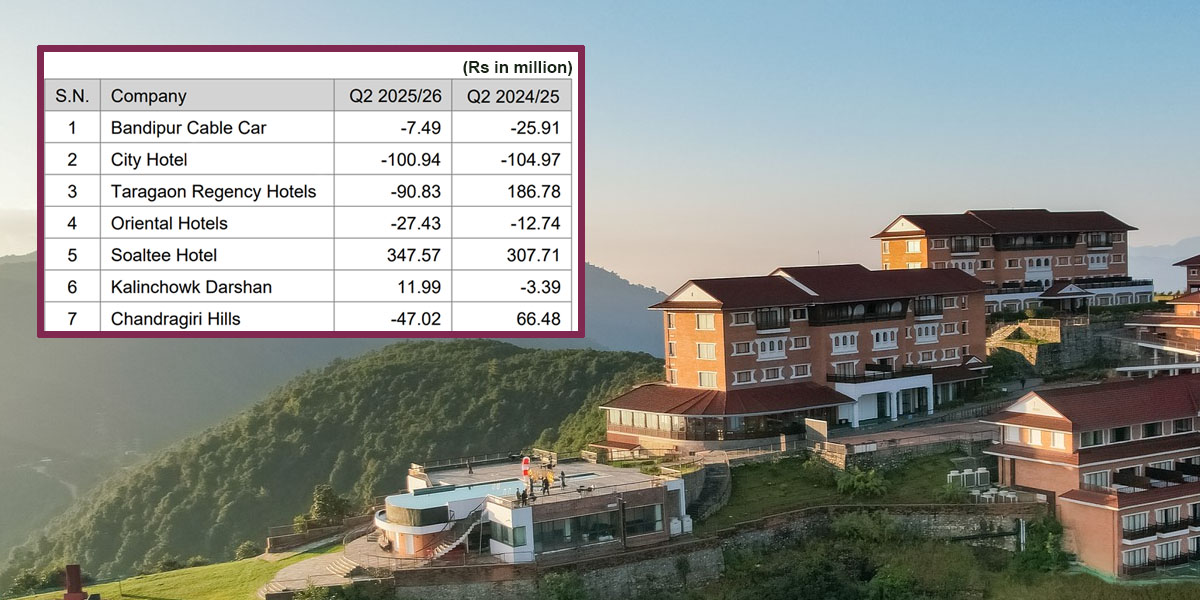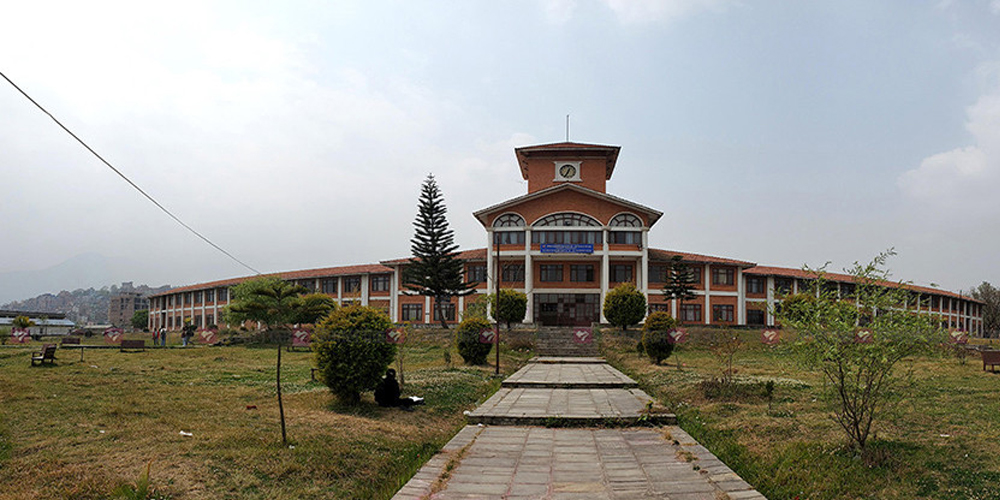
KATHMANDU: Prithak Dahal enrolled at Ratna Rajya Laxmi Campus in Kathmandu in 2019 to pursue a Master’s degree in Nepali language under the semester system of Tribhuvan University (TU). However, Dahal is facing challenges in completing his Master’s degree due to delays in examinations and the publication of results.
Students, who were hopeful that the semester system would ensure timely exams, scheduled result publication, and graduation according to the academic calendar, have been left in the lurch. The weaknesses of the Tribhuvan University have cast doubts on the efficacy of the semester system, prompting concerns within a decade of its introduction. Consequently, what was supposed to be a two-year Master’s program with four semesters now takes up to five years to complete, students complain.
Tribhuvan University introduced the semester system at the Master’s level in 2013. The semester system has also been implemented in some Bachelor’s level programs of the TU.
Even officials of Tribhuvan University acknowledge that there is little distinction concerning student admission, teaching and learning methodologies, examination procedures and result publication between the semester system and the annual system. Just as our system was getting used to the semester system, COVID-19 pandemic began and it has affected its implementation to some extent, they say.
Officials of Tribhuvan University acknowledge that there is little distinction concerning student admission, teaching and learning methodologies, examination procedures and result publication between the semester system and the annual system.
In the semester system, students are required to attend daily classes, deliver presentations, submit weekly assignments, and take monthly internal exams. This places a crucial role on both students and professors. During the initial years, the semester system operated smoothly, with compulsory attendance, timely exams, and prompt result publication. However, the effectiveness of the semester system has diminished in recent times.
Students consider the mandatory 80% attendance requirement as one of the hindrances. They say they prefer the semester system over the annual system but find the practicality of excluding students with less than 80% attendance from exams questionable. They also criticize the unnecessary emphasis on class activities, which, they say, is one of the factors behind declining student interest.
Campus chiefs, however, say they are seeing a decline in student enrollment due to the regular campus attendance requirement. “A significant number of students work while studying to alleviate the financial burden on their parents. Therefore, they cannot attend the classes regularly. The semester system has failed to address this concern,” said Prof Dr Bishnu Kumar Khatri, Chief of Pashupati Multiple Campus.
Some campuses have been preparing fake attendance records to ensure that students, who miss the classes, are not deprived of sitting in the examination. “Even the Office of the Dean is aware of such things. Some campuses are making adjustments in the attendance records to allow students with less than 80% attendance to participate in examinations,” the chief of a Kathmandu-based college said.
Education experts say the TU’s semester system lacks the key characteristics of a genuine semester system.
Ranjit Bhandari, president of the Free Students Union at People’s Campus, said the interest of students in the semester system is waning due to delayed examination results. “The semester system will lose its value when we deviate from the TU’s academic calendar,” Bhandari said. “Results for the first semester are not published even after 80% of the classes for the third semester are concluded.”
The management of Tribhuvan University (TU) has delegated all responsibilities related to the semester system to the Office of the Dean, whereas annual programs fall under the purview of the Office of the Examination Controller in Balkhu.
Education experts say the TU’s semester system lacks the key characteristics of a genuine semester system. “In a true semester system, teachers typically formulate exam questions, evaluate answer sheets, and adjust the curriculum if necessary—an international standard that TU has failed to adhere to,” said education expert Bidya Nath Koirala. “TU has not demonstrated confidence in its teachers, nor has it established norms allowing them to revise the curriculum if needed.”
Koriala also identified shortcomings on the part of students. “Most of the students are affiliated to one political party or the other. They intimidate teachers when they are asked to adhere to the rules. Such activities do not bode well with the semester system,” he added.
Dilliraj Sharma, the Dean of the Faculty of Management at TU, acknowledged complaints about delayed exams and result publications affecting students’ careers. “We are gradually addressing these concerns within the semester system. There have been significant improvements despite the challenges posed by the COVID-19 pandemic,” Sharma said. “We are now back on track.”


